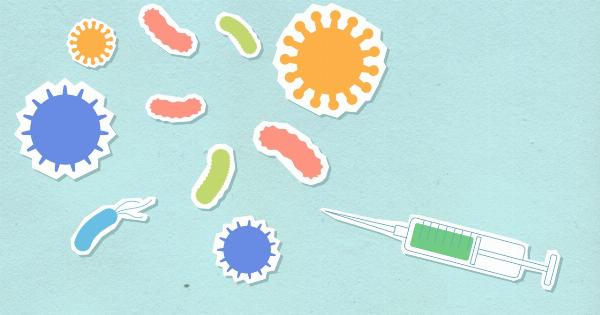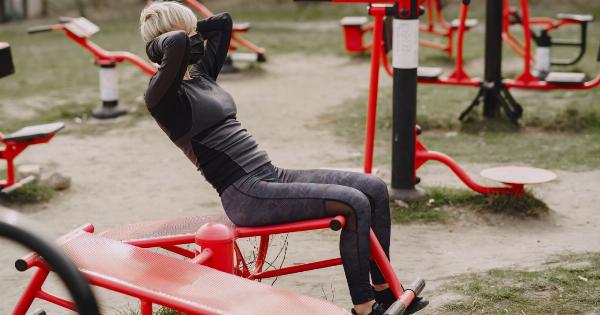Herpes is a viral infection that affects both adults and children. This common infection is caused by the herpes simplex virus (HSV) and can manifest as oral and genital herpes.
In children, the most common form of herpes is oral herpes, which is typically caused by HSV-1. In this guide, we will discuss pediatric oral herpes, its symptoms, causes, treatment options, and prevention measures.
Symptoms of Pediatric Oral Herpes
The symptoms of pediatric oral herpes are quite similar to those seen in adults. The primary symptom is the development of painful blisters on or around the mouth. Other symptoms may include:.
- Fever
- Sore throat
- Swollen lymph nodes
- Pain when swallowing
- Irritability or fussiness
Causes of Pediatric Oral Herpes
Pediatric oral herpes is caused by close contact with a person carrying HSV-1. This virus is highly contagious and can be transmitted through:.
- Sharing utensils, cups or bottles
- Kissing or close contact with infected individuals
- Touching open sores or blisters of an infected person
Treatment Options for Pediatric Oral Herpes
There is currently no cure for pediatric oral herpes. However, there are several treatment options available that can help alleviate symptoms and reduce the frequency of outbreaks. These include:.
- Antiviral medications such as acyclovir, valacyclovir, and famciclovir
- Pain relievers such as acetaminophen or ibuprofen
- Topical creams or ointments such as lidocaine that can reduce pain and discomfort
In addition to medication, it is important to keep the affected area clean and dry to avoid bacterial infections. Drinking plenty of fluids and getting adequate rest can also help boost the immune system to fight the virus.
Prevention Measures
Preventing the spread of pediatric oral herpes requires careful attention and good hygiene practices. Here are a few things parents and caregivers can do to reduce the risk of contracting and spreading the virus:.
- Teach children good hand washing practices
- Do not share utensils, cups or bottles with infected individuals
- Avoid kissing or close contact with individuals with active herpes lesions
- Keep infected areas clean and dry
- Encourage children to avoid touching or scratching the affected area
When to See a Doctor
If your child develops symptoms of pediatric oral herpes, it is important to seek medical attention right away. A doctor will be able to diagnose the infection and recommend an appropriate treatment plan.
Additionally, it is important to seek medical attention if your child experiences:.
- Difficulty swallowing
- Hives or rash
- Fever above 103°F
- Dehydration symptoms (such as decreased urination or dry mouth)
- Severe pain or discomfort
The Bottom Line
While pediatric oral herpes can be uncomfortable and painful for children, there are several treatment options available that can help alleviate symptoms.
It is important to seek medical attention if your child develops symptoms of herpes, and to take precautions to prevent the spread of the virus. By following good hygiene practices and taking steps to boost the immune system, parents and caregivers can help keep children healthy and minimize the impact of herpes infections.




























